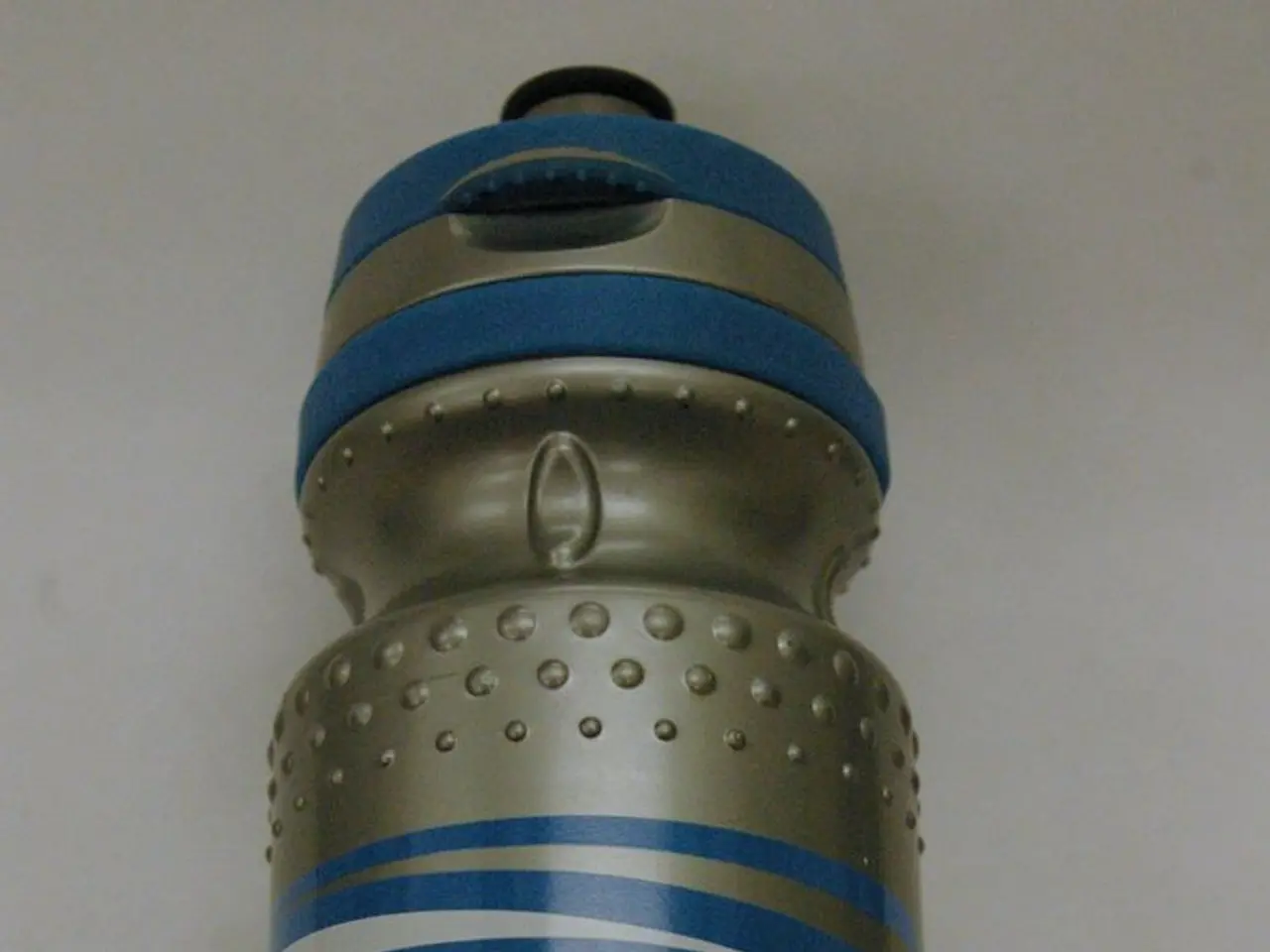Urgent call to bolster GDWS staff numbers for efficient navigation of the North Baltic Waterway via the Kiel Canal
The North-East Sea Canal (NOK), a vital artery for Germany and Europe's maritime economy, is facing a critical challenge due to staff shortages at the General Directorate of Waterways and Shipping (GDWS). The Kiel Canal Initiative e.V., an organisation advocating for the preservation and future viability of the NOK, has called for immediate action to address this issue.
Recently, a temporary lock closure in Kiel-Holtenau occurred due to a shortage of lock masters, jeopardising the efficiency and reliability of the world's busiest artificial waterways. This incident highlights the urgent need for action, as incidents attributed to staff shortages have increased, particularly among technical specialists, leading to delays and disruptions with significant economic repercussions.
Jens B. Knudsen, Chairman of the Kiel Canal Initiative e.V., warns that the future viability of the NOK is at risk due to persistent staff shortages at the GDWS. Founded at the end of 2012, the Kiel Canal Initiative e.V. represents various companies, chambers of commerce, institutions, associations, clubs, and regional authorities, and is committed to ensuring the NOK remains a vital European transport artery.
To address this issue, a multifaceted approach is necessary. Enhanced recruitment and posting policies, internal restructuring for efficiency, leveraging technology, training and capacity building, policy and legislative support, collaborations and outsourcing are all potential solutions and strategies being considered.
Recent office orders from DG Shipping in 2025 have shown promising signs, with multiple transfer and posting orders aimed at optimising human resources. Continuation and expansion of such policies could ensure the right staff are placed where most needed, including anchoring the GDWS adequately.
The DG Shipping has also been actively restructuring internal branches to improve operational efficiency. Applying similar restructuring within GDWS could better leverage existing staff and reduce the impact of shortages.
Leveraging technology is another crucial aspect. The 2025 IT Conclave by DG Shipping focused on leveraging technology for maritime excellence, indicating a governmental push toward digitalization in the maritime sector. Implementing advanced monitoring, automation, and digital management systems could reduce dependency on manual labour, enhance operational capacity, and mitigate effects of staff shortfalls.
Promotion of maritime education and training is also essential. Investing in upskilling current employees to perform multiple roles and accelerating induction training for new recruits can strengthen workforce resilience.
Policy and legislative support are also crucial. Strengthening policies that improve employment conditions, incentives, and career progression within GDWS positions could attract and retain talent. Coordination with the Ministry of Ports, Shipping, and Waterways, as well as international maritime organizations, may open avenues for support or staffing solutions.
Where appropriate, outsourcing certain non-core functions and collaborating with private sector or local stakeholders can also alleviate immediate manpower constraints.
The federal government is being urged to provide necessary funds for immediate staff increases at the GDWS. Knudsen warns that such federal personnel policy weakens trust in German maritime infrastructure and is irresponsible. Delays in lock operations at the NOK have negative effects not only locally but also on an international scale.
The NOK is the shortest connection between the North and Baltic Seas, enabling swift, cost-effective, and more climate-neutral transport routes. The Kiel Canal Initiative e.V. calls for an immediate increase in technical staff at the GDWS, including lock masters, to ensure swift and efficient handling of shipping traffic.
For further questions, Jens B. Knudsen, Chairman of the Kiel Canal Initiative e.V., can be contacted at 0431-9810 or [email protected]. The IfW Study on the macroeconomic benefits of the NOK can be found at this link: Link
In conclusion, ensuring adequate staffing levels at the GDWS is crucial for safeguarding the future and operational capacity of the NOK. The directives and initiatives by DG Shipping in 2025, combined with sustained implementation of these strategies at GDWS, represent actionable steps towards addressing staff shortages threatening the NOK's viability.
- The persisting staff shortages at the General Directorate of Waterways and Shipping (GDWS) have raised concerns about the future viability of the North-East Sea Canal (NOK), considering its significance to both Germany's and Europe's finance and business sectors.
- To maintain the NOK as a vital European transport artery, it's crucial to address the staff shortage issue by implementing various strategies, such as technology integration, workforce upskilling, policy reforms, outsourcing, and federal funding support for increased technical staff, particularly lock masters.




